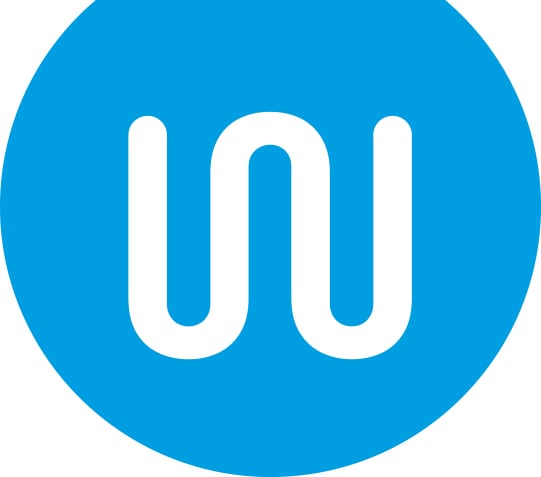Commercial Solar Installations: What Irish Businesses Should Know
With rising energy costs and growing sustainability demands, more Irish businesses are turning to solar PV systems to cut costs and demonstrate environmental responsibility. Whether you run a small shop in Cork, an office in Dublin, or a manufacturing facility in Limerick, solar power can help stabilise your energy bills and boost your green credentials.
Here’s what every Irish business should know before investing in a commercial solar installation.
1. Why Businesses Are Going Solar in Ireland
- Lower Operating Costs – Solar can reduce electricity bills by 30–60%, freeing up cash for other investments.
- Predictable Energy Pricing – By generating your own power, you protect your business from volatile electricity rates.
- Sustainability Targets – Many customers, investors, and supply chain partners now expect green practices.
- Government Incentives – SEAI grants and accelerated capital allowances make solar more affordable for businesses.
2. SEAI Grants & Incentives for Businesses
The Non-Domestic Microgen Grant (NDMG) offers funding of up to €162,600 (depending on system size) for solar PV installations.
Additionally, the Accelerated Capital Allowance (ACA) scheme lets you write off the cost of qualifying energy-efficient equipment against your taxable profits in the year of purchase, helping improve your ROI.
3. System Sizing & Energy Needs
A commercial solar PV system should be tailored to your business’s energy profile. Factors to consider include:
- Peak energy usage times
- Available roof or ground space
- Future expansion plans
- Whether battery storage or EV chargers will be integrated
WattCharger designs systems based on detailed consumption analysis to ensure maximum efficiency and savings.
4. Installation Process & Timeline
Most commercial solar installations follow these steps:
- Site Assessment & Feasibility Study – Roof inspection, structural checks, and energy analysis.
- System Design & Proposal – A customised plan with cost, savings forecast, and ROI estimate.
- Grant Application Support – Assistance with SEAI paperwork and approvals.
- Installation – Typically completed within 1–5 days, depending on system size.
- Commissioning & Handover – Safety checks, grid connection, and training on system monitoring.
5. Integrating EV Charging
If your business operates a fleet or provides parking for employees/customers, adding EV charging points alongside solar can further increase energy savings and brand value. Solar-powered EV charging reduces reliance on grid electricity and enhances your company’s green image.
6. Maintenance & Monitoring
Commercial solar systems are low-maintenance but require periodic inspections and cleaning to ensure peak performance. WattCharger also offers remote monitoring so you can track real-time energy production and usage.
7. Financial Returns & Payback Period
With SEAI grants and ACA tax relief, most Irish businesses see a payback period of 4–6 years, with systems continuing to generate free electricity for decades. Energy cost savings and feed-in tariff payments (for exported electricity) add to the long-term financial benefits.
Final Thoughts
For Irish businesses, solar power is no longer just an environmental choice, it’s a strategic financial decision. By cutting operating costs, locking in energy prices, and meeting sustainability goals, commercial solar delivers tangible value for years to come.
At WattCharger, we help businesses of all sizes, From cafés to warehouses. Plan, install, and maintain high-performance solar systems backed by expert support and grant assistance.
Blog Author: Rowan Egan
